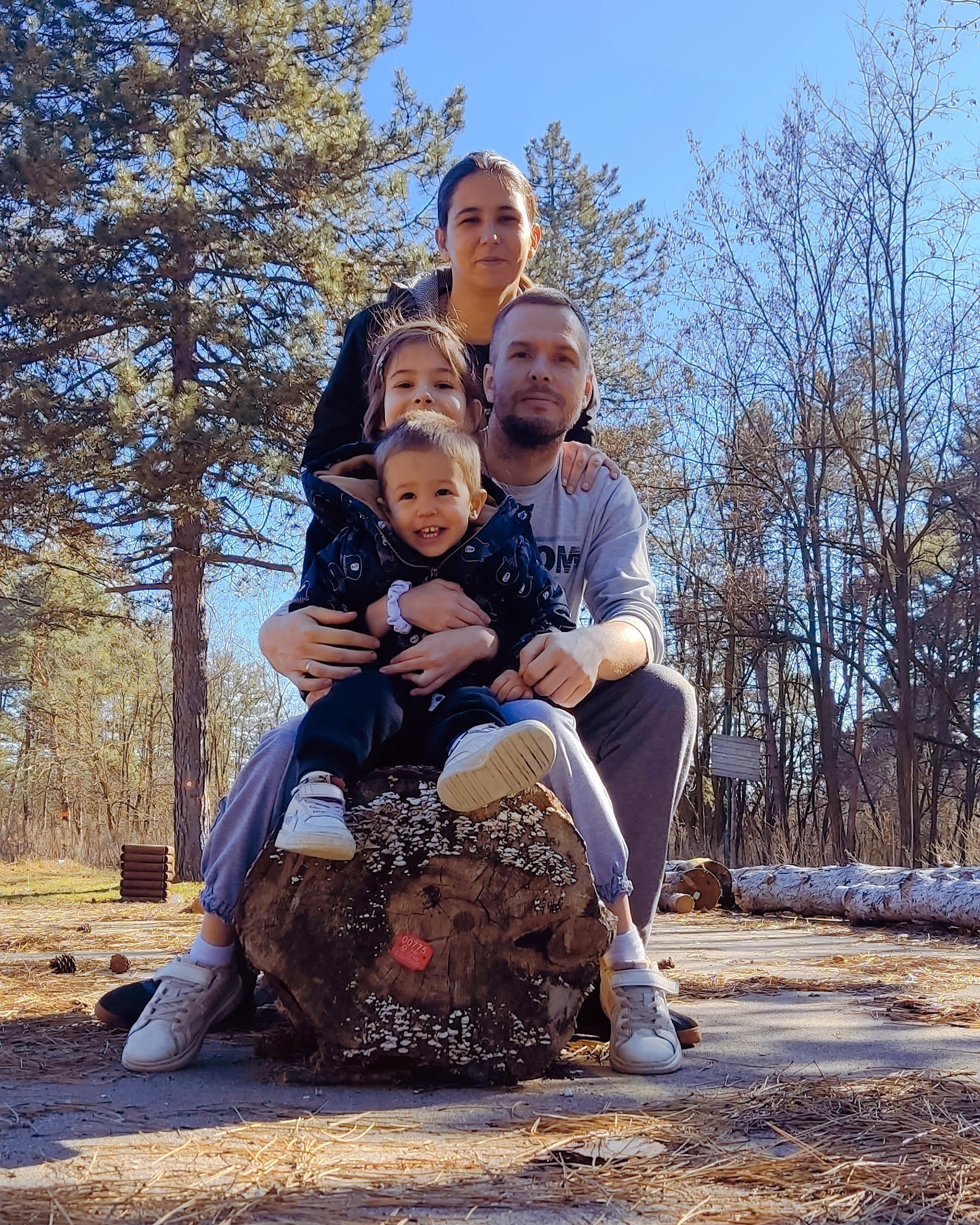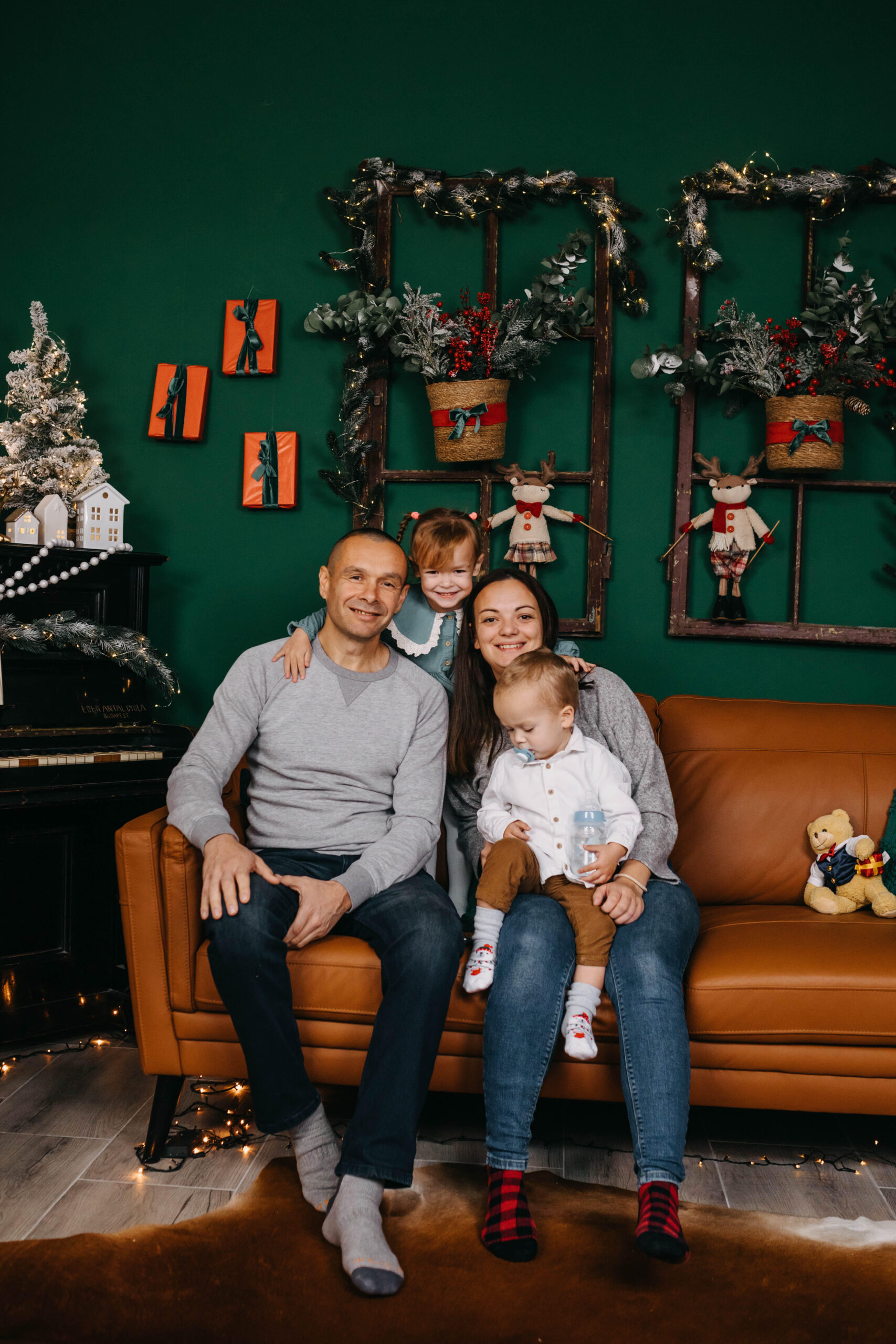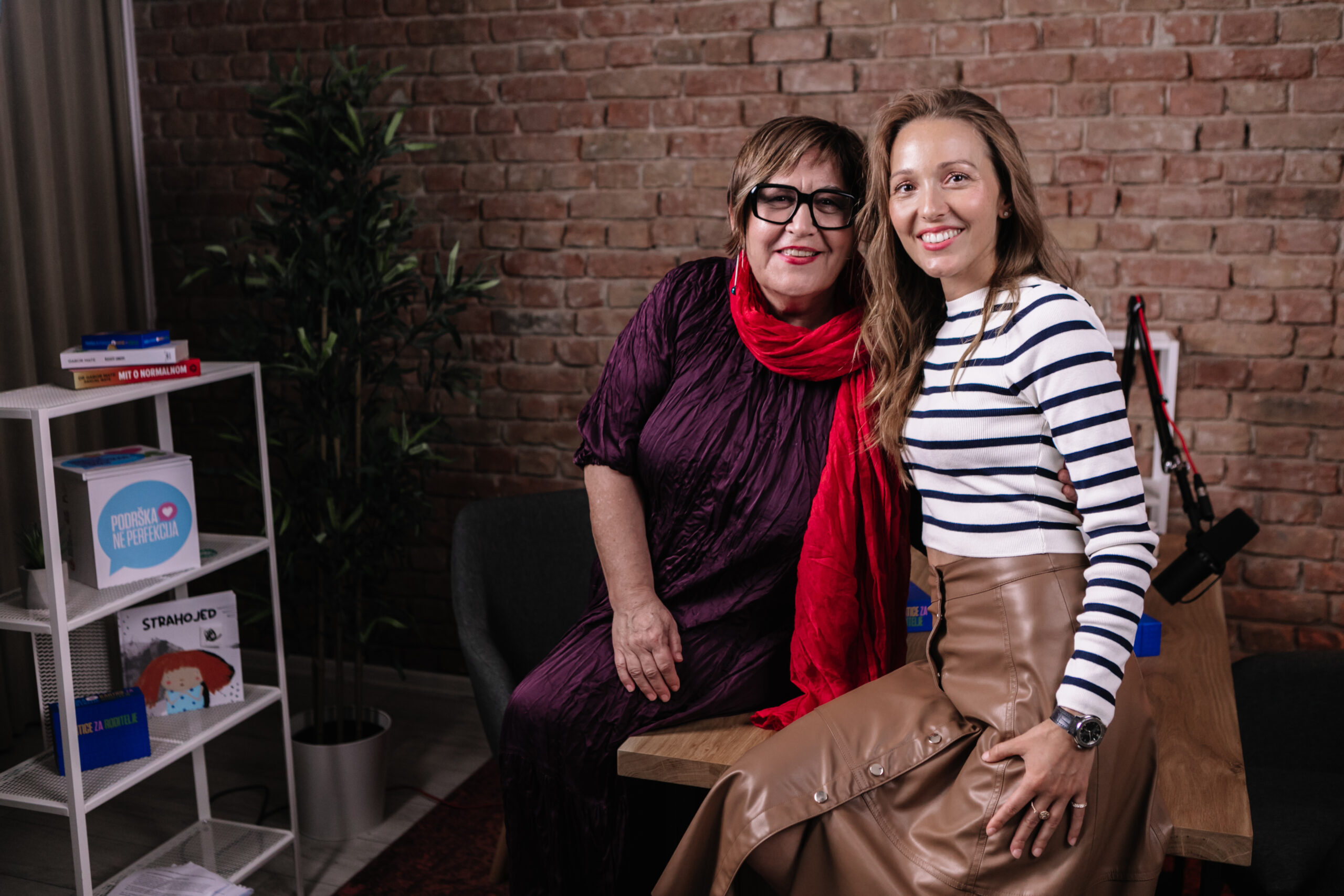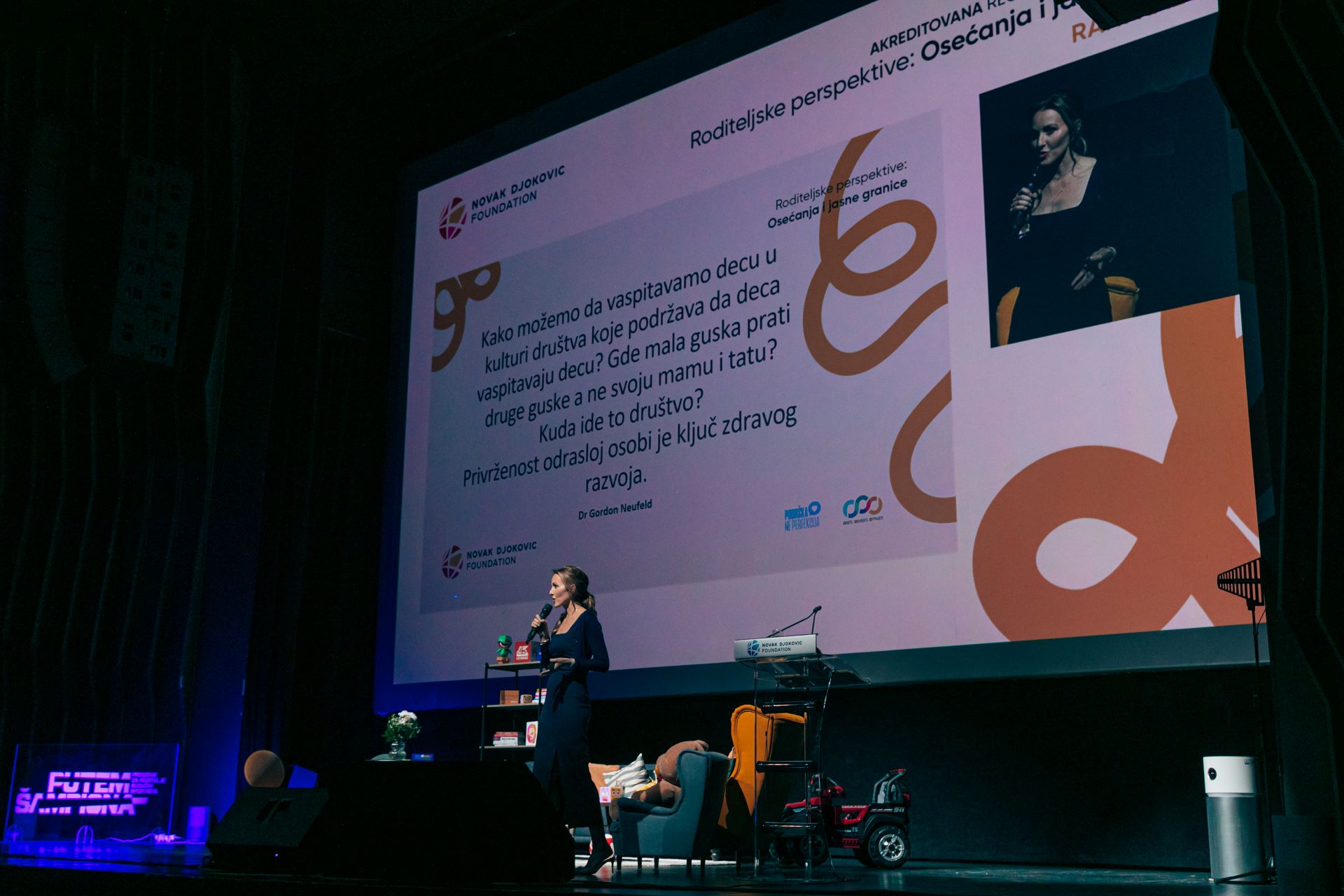Parenting is the hardest, but at the same time, the most beautiful job. It requires a lot of energy and patience. Parents want what’s best for their children, and they often try to give them more than they actually can. They forget about themselves and often neglect their own wishes, needs, and dreams. The majority of parents probably doesn’t know or has forgotten, how self-care feels.
Parent’s everyday life is usually overwhelmed by various obligations. When we’re tired, sad, stressed or sick, it is very hard to find the energy and patience needed to encourage the child’s development the way we want to.
Our „Self“ that’s under stress or depressed is not very good at teaching children lessons, skills and values we want them to adopt.
Children need our love and attention. However, they also need their parents to be happy, halthy and satisfied, bacause only our „best Self“ has the energy and patience these lessons require.
Parents often feel guilty when they put their needs first. However, we need to deal with such feeling, because our happiness and health are one of the best gifts we can give our children. A parent that has the energy to play with the child, to listen to them, praise them or talk to them means much more to the child than any toy that may put the parent under stress to, or a dinner that made the parent tired for preparing it.
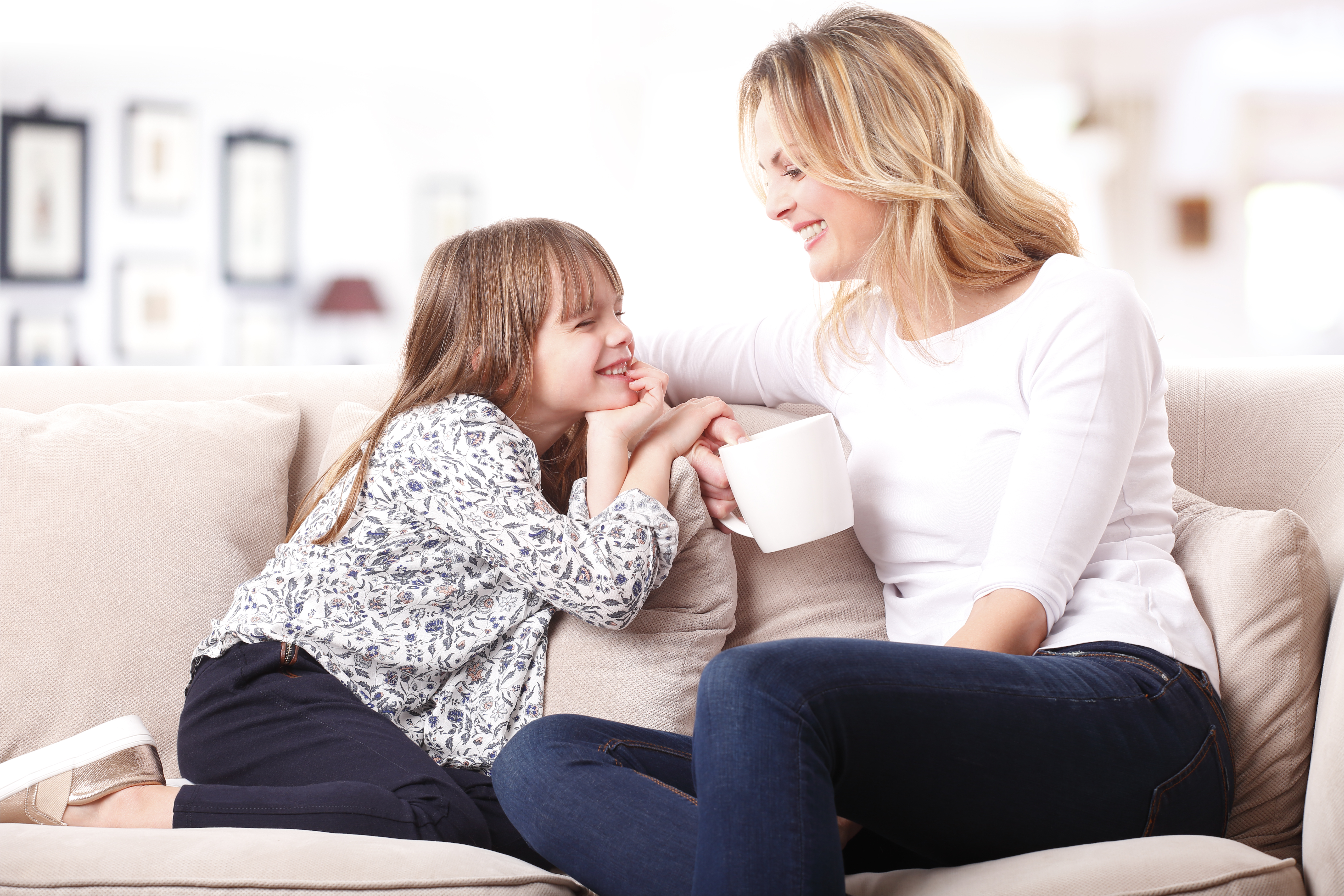
Taking care of yourself can be the best thing for your child’s well-being. Copyright: Kinga
How to practice caring for yourself?
No parent achieves their „best Self“ all the time. Such perfection is impossible. However, we can make an effort to dedicate more time to accomplish our „best Self“.
Practicing love for yourself and gratitude is one of the ways to practice self-care.
For that reason, you should occasionally ask yourself the following questions:
- What are some of your qualities that you admire? What are you good at?
- How often do you criticize yourself? And how often do you forgive yourself easily? When was the last time you praised yourself?
- What are you proud of and what are you grateful for in life?
Expressing gratitude releases chemicals improving health and happiness. In one experiment, people who wrote a ‘thank you’ note to a person they held dear, and then asked them to read the note aloud, were happier for months afterward. In another one, people who wrote a list each week consisting of 5 things that happened the week before, and which they were grateful for, were noticeably happier and more optimistic.
Still, we all have different things that help us accomplish our best self. That’s why it’s a good idea to take a piece of paper and answer the following questions:
- When do you accomplish being your best (calmest and happiest) „self“?
- Do you have any rituals that always make you calmer or happier?
- Which hobbies did you enjoy before you had children?
- How often do you speak with your friends or your family? Is it often enough?
- How do you feel when you go outside? How about after a walk? And after exercising?
- Are you a creative person? Do you have enough outlets to express yourself?
How to find time to take care of yourself?
It is much harder to find, dedicate and use the time for yourself than to take care of your child. However, it is really necessary for you to take some time for yourself and show yourself and your body some love. This can be ten minutes of reading a book or listing the things you are grateful for at the end of the day. Exercise may consist of taking three deep breaths before you take the first sip of your morning coffee.
Whatever suits you the most, it is important to turn those activities into a habit and do something for yourself every day.
You probably have many ideas on how you can practice your best self as often as possible. I would suggest you try the following:
- use the time while your child is asleep to take care of yourself, not just to perform a task;
- go to places where your child can play without your direct supervision, so you can talk to other parents or have some time for yourself (e.g. playgrounds, get-togethers);
- determine which chores you can let others do because you can’t do everything by yourself;
- learn to ask for help from others when you need it and don’t feel bad about it;
- learn to say NO if something is unimportant to you – it is not simple, but it is necessary; and
- instead of spending time with electronic devices (phone, TV, computer), take better care of yourself.
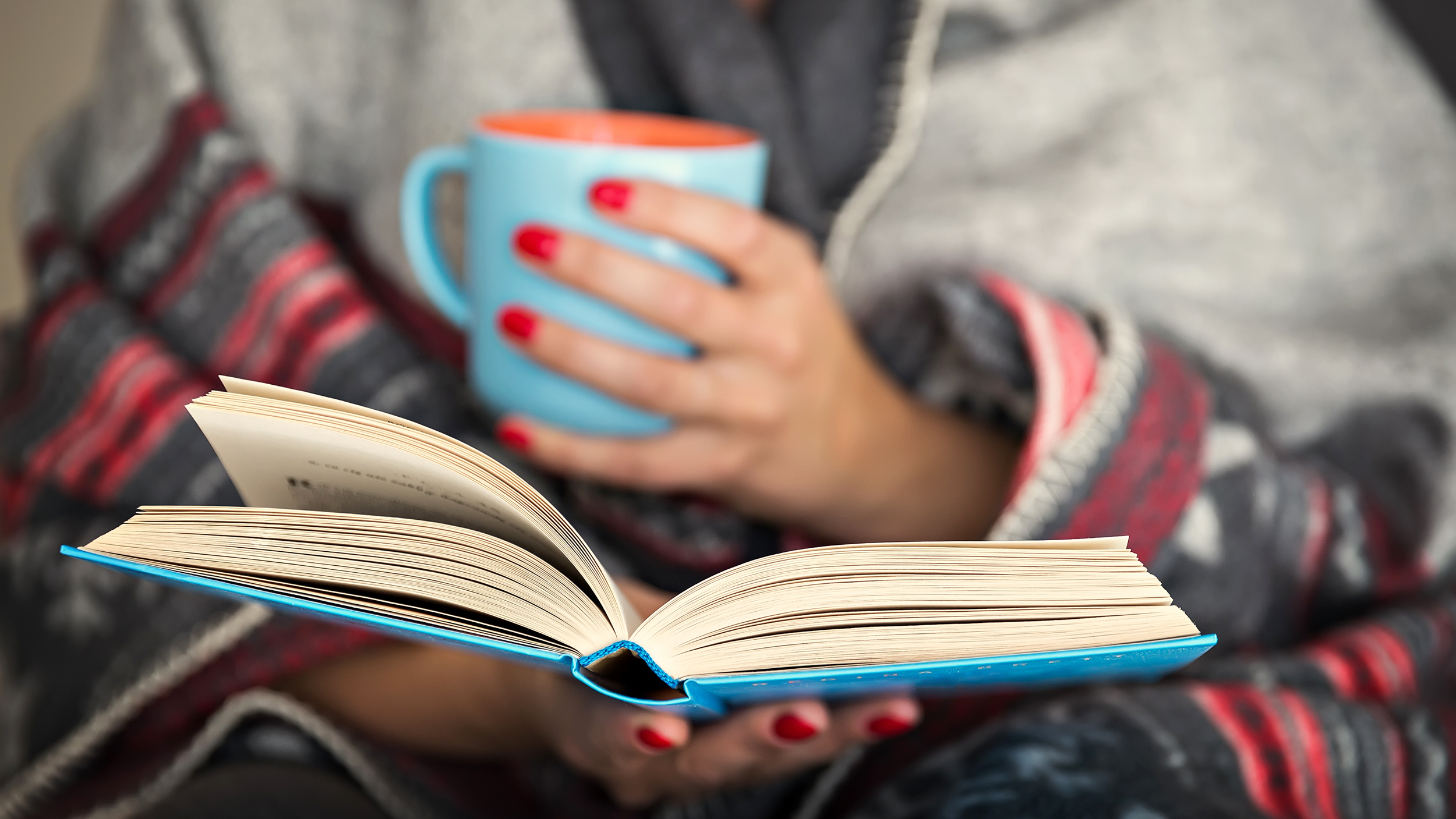
Self-care can be ten minutes of reading a book or listing the things you are grateful for at the end of the day. Copyright: today.com
It’s important to know that taking care of yourself is also a way to teach children values and good habits because children learn from what they see.
If children see you neglect your own habits, they will learn that it is more important to take care of others than oneself and that they don’t deserve respect and care. On the contrary, if they watch you dedicate some time for yourself and take responsibility for your own needs, your own happiness, and welfare, they will learn self-respect, self-efficacy, self-confidence, and independence.
Striving to accomplish your „best Self“ and have your needs satisfied is one of the best things you can do for your child. This will make you very good at parenting. It will also make an excellent example that helps your child learn self-respect. Moreover, this will make you fully ready to give your child all the necessary love.
Smiljana Grujic is a psychologist and psychotherapist dedicated to education, and a program manager for the Novak Djokovic Foundation. The focus of her work is compassionate communication and emotions management.
Smiljana is the coordinator of the „Support, not Perfection“ program that supports parents who have children 0-6 years old.







